Many people are surprised to learn how much information the police may hold about them, even if they’ve never been arrested or charged with a crime. Whether you are applying for a visa, a job, or simply want to understand what’s on record, you have the legal right to ask. In this article, we explain how to access your police records in the UK, what kind of information might be held, and what to do if you need a certificate of good standing (also known as a police certificate or certificate of no criminal record).

Your Right to Your Private Data
Under UK data protection law, you are entitled to see the information held about you by the police. This includes:
- Details of any arrests or charges
- Information recorded during investigations
- Intelligence notes or local station records
- Whether you have a criminal record (spent or unspent)
- Or, to see if there are any entries on the Police National Computer (PNC) at all
This is called making a “subject access request”, and it’s a legal right under the Data Protection Act 2018 and the UK General Data Protection Regulation (UK GDPR). Anyone can request this whether you are a British citizen or a foreign visitor.
How to Make a Police Subject Access Request
While it is technically possible to make a subject access request for your police records online through the ACRO Criminal Records Office or directly to a police force, many people who attempt this on their own encounter unnecessary delays, incomplete disclosures, or difficulties challenging inaccurate information.
Although the process may appear simple, the reality is that it requires precise documentation, a clear understanding of the police databases involved, and careful wording of your request to avoid confusion or rejection. Even once submitted, the police have up to a month to respond, and in practice, complex cases often drag on for longer.
Most importantly, the disclosure you receive will not clear or amend your record—it only shows what is currently held. If you believe the information is wrong, outdated, or unfair, challenging it can be a legally complex process that is easy to mishandle without expert support.
For these reasons, trying to navigate this alone can cause more problems than it solves. Our team has the experience to ensure your request is submitted correctly, followed up promptly, and, if needed, escalated effectively. We can also advise you on the best strategy if you wish to challenge or remove inaccurate records.
Police Certificates and Certificates of Good Character
If you’re applying for a visa, emigrating, or applying for certain jobs abroad, you may be asked to provide a police certificate showing your criminal record status. This is sometimes referred to as a “certificate of good standing,” “certificate of no criminal record,” or “certificate of good conduct.” This is not the same as a subject access request. A police certificate is a formal document issued for visa and immigration purposes and is used by many countries including the USA, Canada, Australia, and New Zealand.
You can apply for a police certificate through ACRO:
- The standard service takes about 20 working days.
- You’ll need to submit passport, address, and a passport photograph.
- There is a fee (£68 or £121 depending on processing time).
- The certificate shows whether you have any criminal convictions, cautions, reprimands, or warnings recorded in the UK.
If you have no police record against you, you will receive a certificate that states there is “No Trace”, with an explanation that “You have no convictions, cautions, final warnings or reprimands recorded on PNC.”
What If You Want Something Removed or Corrected?
If you review your police data and believe it contains inaccurate or outdated information, or if you were never charged but your name still appears on record, you may be able to request its deletion. This is known as the Record Deletion Process.
For example, if you were arrested but never charged, or the case was dropped, you can ask for that data to be removed from police records. It’s not guaranteed, but it is possible, especially if the information is having an unfair impact on your life.
You may also have a right to ask for erasure under Article 17 of the UK GDPR, but this is usually subject to public interest tests.
We recommend getting legal advice before challenging police data, especially if it affects job or visa applications.
Final Thoughts
Your police record can affect your ability to travel, apply for work, or pass background checks. Fortunately, the law gives you the right to know exactly what’s held about you and to challenge it if it’s wrong.
If you need help accessing your police records, applying for a certificate of good standing, or correcting inaccurate entries, contact Lisa’s Law for expert advice. We’ll guide you through the process clearly, confidentially, and professionally.
Have questions? Get in touch today!
Call our office on 020 7928 0276, we will be taking calls from 9:30am to 6:00pm.
Email us on info@lisaslaw.co.uk.
Or, use the contact form on our website. Simply enter your details and leave a message, we will get right back to you: https://lisaslaw.co.uk/contact/
For more updates, follow us on our social media platforms! You can find them all on our Linktree right here.





